Classroom Tool: How Chromebooks Changed NHS
Chromebook rapidly became the leader in education technology, accounting for 49 percent of educational technology in 2016 according to the Associated Press.
November 10, 2017
In an era where everything is done digitally, a time before every NHS student was issued their own computer seems as long ago as the Stone Age; however, such a time was only five years ago.
Although computers have been a staple of American schools since the 1990s, schools of the 2010s have been increasingly dominated by technology, and students are often issued laptops. Ever since Google began selling the devices to schools in 2012, the Chromebook rapidly became the leader in education technology, accounting for 49 percent of educational technology in 2016 according to the Associated Press.
“It was about time,” social studies teacher Kert Dietrich said on his initial reaction to the issuing of Chromebooks to NHS freshmen in 2013.
Before Chromebooks, if Dietrich wanted to have a class do a research project, he had to reserve a lab or a computer cart. Like many teachers, Dietrich now enjoys the ability to easily organize information for his students. “As a social studies teacher, I like having immediate access to information.”
NHS technology resources department head Matthew Anderson explained that NHS’ use of Chromebooks for education largely revolves around being able to meet the school’s need for quick access to educational software at a low price.
“Originally, we used iPads, since laptops were too expensive to give to every student, and Chromebooks at the time weren’t strong enough to handle what we needed,” Anderson explained. “Over time though, Chromebooks became better and better, and more and more software became cloud-based, so we didn’t need as much storage space.”
Anderson noted that when the Neenah Joint School District gave teachers the option to switch from iPads to Chromebooks in 2013, the overwhelming majority of teachers chose to begin using Chromebooks. When asked why, Anderson responded that “culturally, Chromebooks fit better.”
Despite overwhelmingly positive reception from teachers, currently; others have mixed thoughts. Students have been critical of the school’s occasionally faulty wifi; and of the use of GoGuardian to monitor and control digital activity, despite the school’s response that the Chromebooks are, by definition, school property.
Furthermore, privacy advocates across the United States have expressed concern that Google is using Chromebooks to collect students’ personal data for marketing purposes.
“Educational technology services often collect far more information on kids than is necessary and store this information indefinitely,” said Gennie Gebhardt of the Electronic Frontier Foundation, a nonprofit that lobbies against practices and laws they deem harmful to digital privacy and freedom.
Google has denied the EFF’s claims, saying that “(we) do not use personal information collected in the G Suite (a bundle of Google apps intended for use by businesses or schools) for advertising purposes” and that “the data that (you) put into our G Suite services does not belong to Google.”
Like it or not, Chromebooks have left a permanent mark on education in Neenah and beyond — for better or for worse.


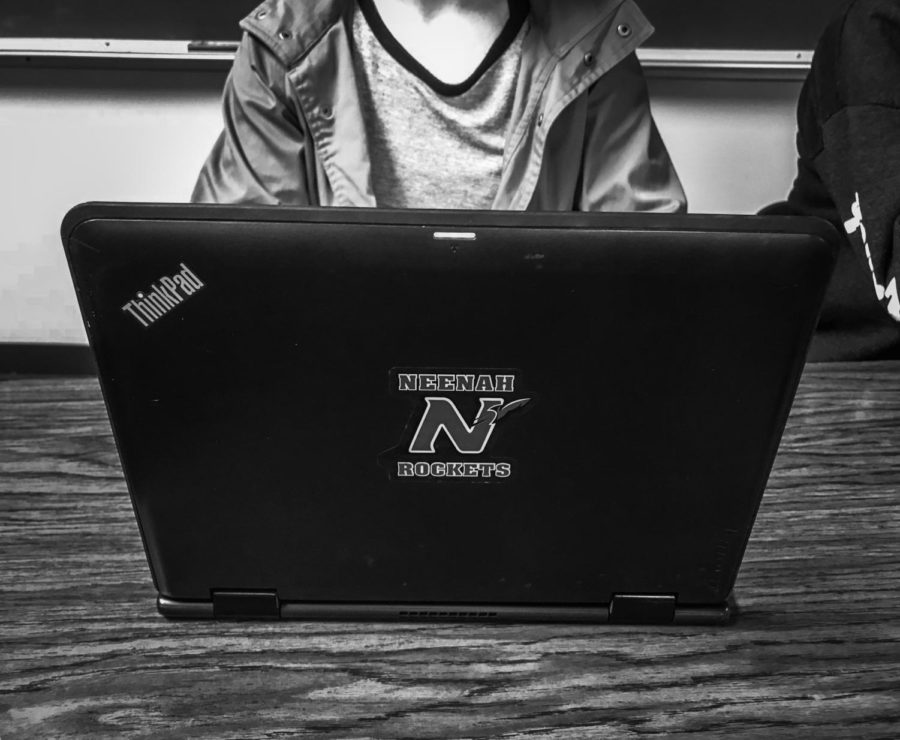

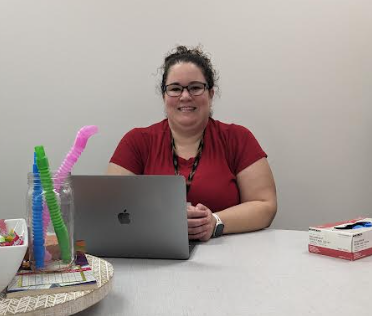
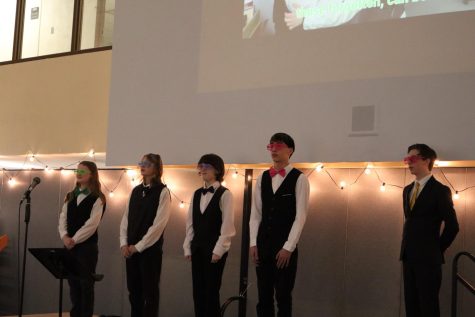




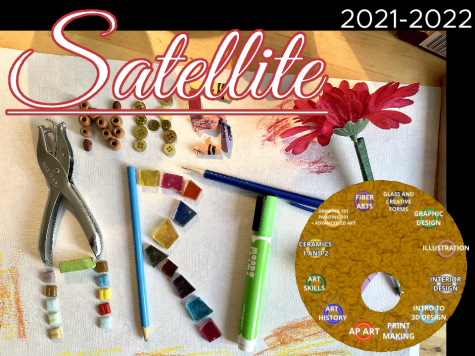
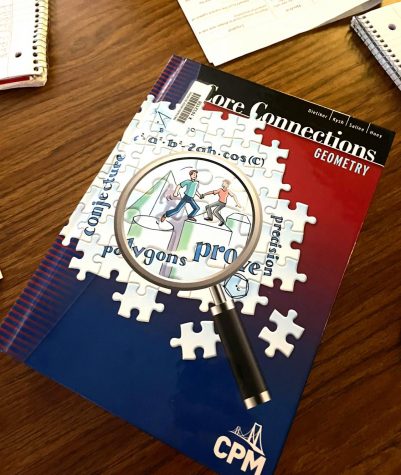

Paige • Nov 19, 2018 at 12:58 PM
This is neat to know, never thought we would get our own computers.